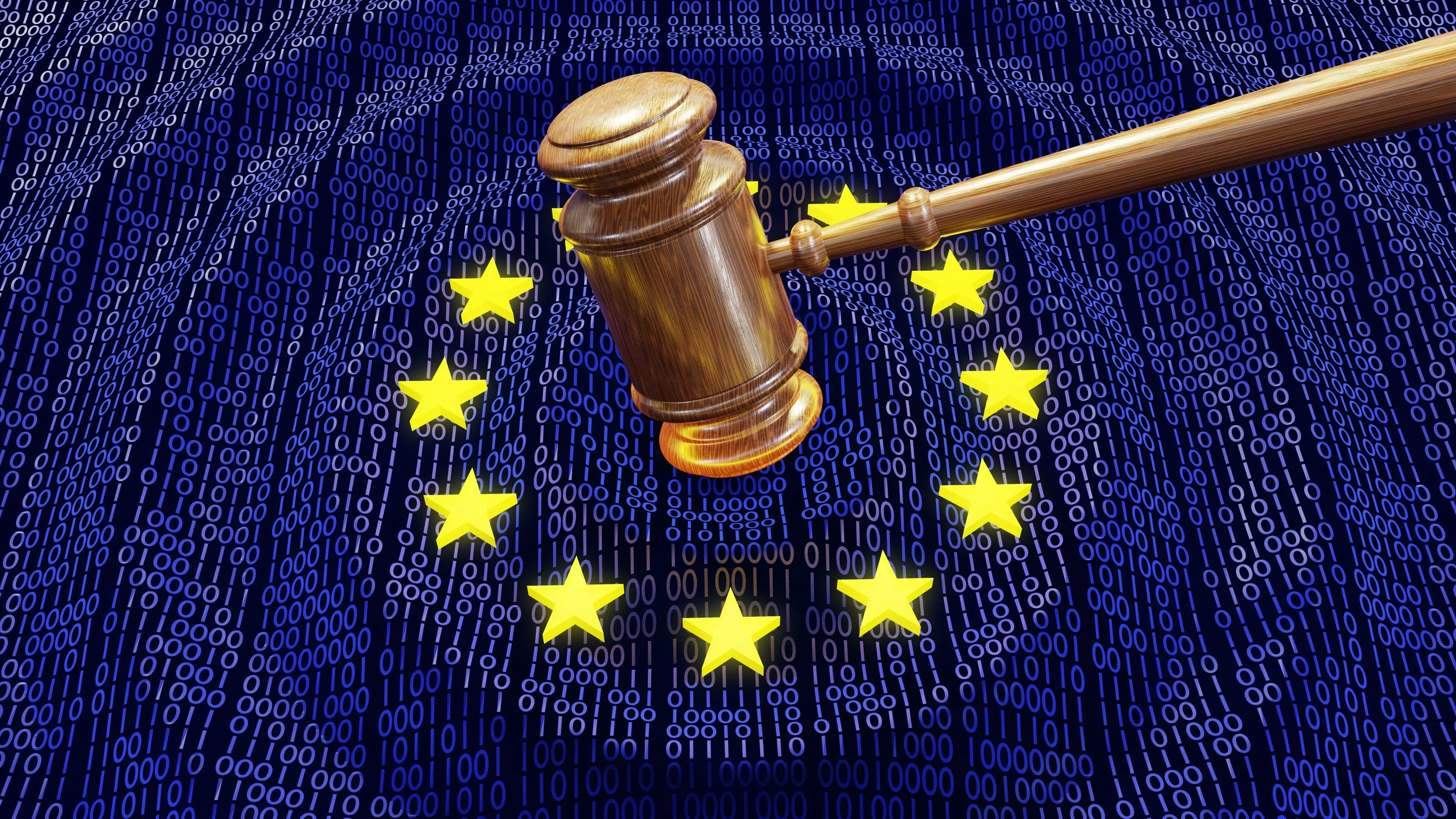European Commission Fines Apple and Meta Under Digital Markets Act: A New Era of Tech Regulation
In April 2025, the European Commission imposed significant fines on tech giants Apple and Meta, marking the first enforcement actions under the European Union's Digital Markets Act (DMA). In a landmark enforcement of the European Union's Digital Markets Act (DMA), the European Commission has imposed substantial fines on tech giants Apple and Meta for non-compliance with the new digital competition rules. Apple was fined €500 million, while Meta received a €200 million penalty. These fines underscore the EU's commitment to ensuring fair competition and curbing monopolistic practices in the digital market.
Understanding the Digital Markets Act (DMA)
The DMA, enacted in 2022, aims to regulate "gatekeeper" platforms, large digital companies that control access to digital markets. These gatekeepers are companies that significantly impact the internal market, serve as an important gateway for business users to reach consumers, and enjoy an entrenched and durable position.
The DMA prohibits certain practices by these gatekeepers, such as self-preferencing, restricting user choice, and combining personal data across services without consent.
Non-compliance can result in fines of up to 10% of a company's global annual turnover. The Act seeks to prevent these entities from abusing their market dominance, ensuring a level playing field for all businesses and protecting consumer interests.
Reasons Behind the Fines
Apple's Violation
Apple was penalized for restricting app developers from informing users about alternative purchasing options outside the App Store.
The company restricted app developers from informing users about alternative purchasing options outside the App Store, limiting consumer choice and maintaining its 30% commission on in-app purchases.
The European Commission found that these practices prevented users from accessing potentially cheaper alternatives and stifled competition. This practice limited consumer choice and maintained Apple's high commission fees, contravening the DMA's provisions that promote transparency and competition.
Meta's Violation
Meta's "Consent or Pay" model, introduced in November 2023, required users to either consent to data tracking for personalized ads or pay a subscription fee for an ad-free experience.
The European Commission found this approach did not provide users with a genuine choice, violating DMA rules that mandate fair user consent mechanisms.
Implications of the Enforcement
These fines signal the EU's determination to enforce the DMA and hold tech giants accountable. Companies designated as gatekeepers must now reassess their business models to ensure compliance, fostering a more competitive and consumer-friendly digital environment. The enforcement aims to
Enhance Consumer Choice: By ensuring that users have access to alternative services and pricing options.
Promote Fair Competition: By preventing dominant platforms from leveraging their position to stifle competitors.
Protect User Data: By requiring explicit and genuine consent for data processing activities.
Reactions and Next Steps
Both Apple and Meta have expressed intentions to appeal the fines, arguing that the EU's actions unfairly target American companies and could hinder innovation. The U.S. government has also criticized the fines, with some officials labeling them as economic extortion. Despite the pushback, the European Commission maintains that the fines are necessary to uphold the DMA and ensure a competitive digital environment.
The Commission has given both companies 60 days to comply with the DMA's requirements. Failure to do so could result in additional penalties, including periodic fines. The enforcement of the DMA is expected to continue, with other gatekeepers under scrutiny for potential non-compliance.
The fines imposed on Apple and Meta represent a significant milestone in the EU's efforts to regulate digital markets and limit the power of dominant tech platforms. By enforcing the DMA, the European Commission aims to foster a more equitable digital landscape that prioritizes consumer rights, fair competition, and data protection. As the digital economy continues to evolve, the implications of these regulatory actions will be closely watched by stakeholders worldwide.

